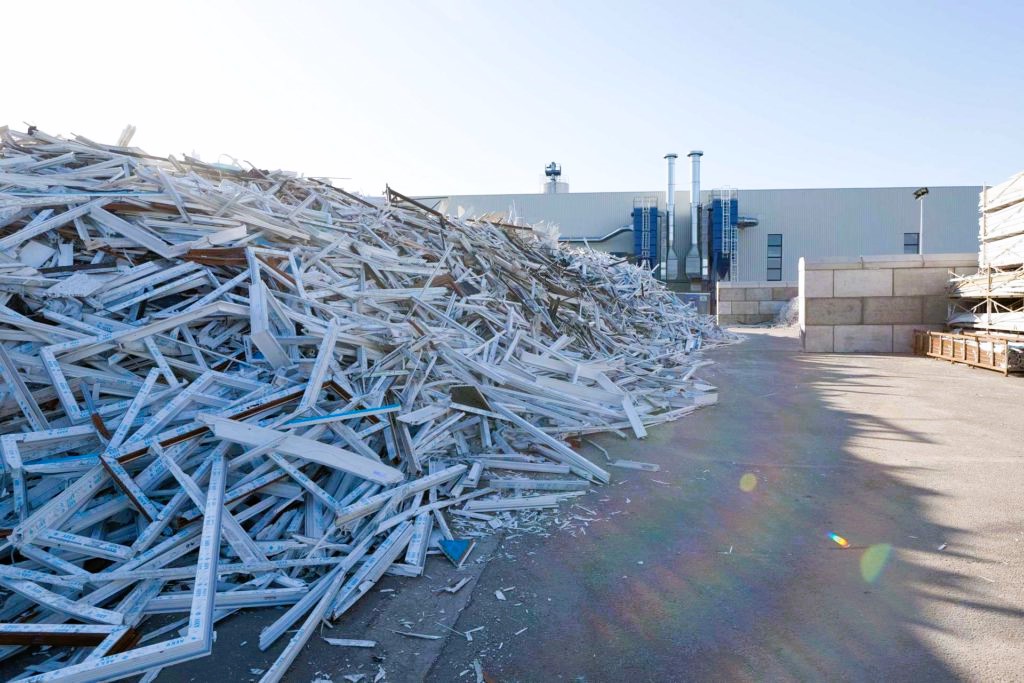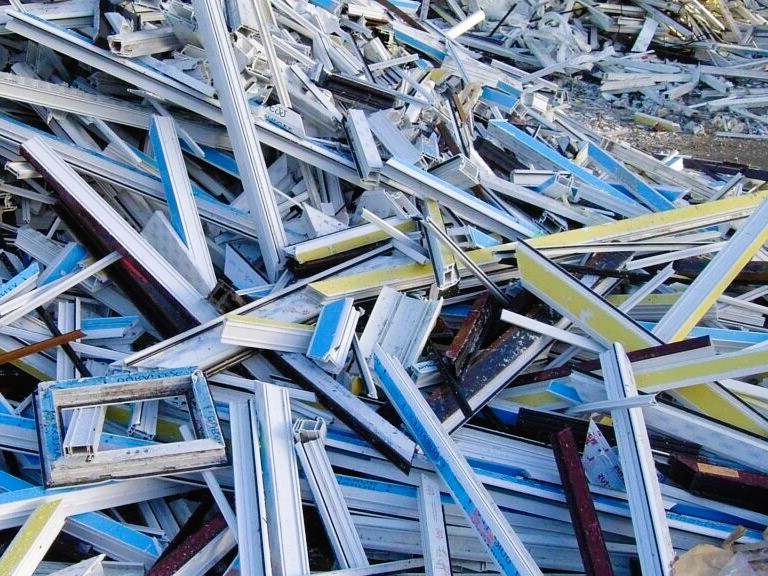As concerns over climate change and environmental impact continue to grow, many people are questioning the use of plastic windows in homes and buildings. While some argue that plastic windows are a harmful and unsustainable choice, others point to their energy efficiency and durability as evidence that they are a responsible choice. In this article, we’ll explore the environmental impact of plastic windows and separate fact from fiction.
Myth: Plastic windows are bad for the environment because they’re made from non-renewable materials.
Fact: While it’s true that plastic windows are made from non-renewable materials, such as PVC, the manufacturing process for plastic windows requires less energy and resources than traditional materials like wood or metal. Additionally, plastic windows have a longer lifespan than traditional windows, which means they need to be replaced less often, reducing the amount of waste produced.

Myth: Plastic windows release toxic chemicals into the environment.
Fact: While PVC can release harmful chemicals when it’s burned, there is no risk of this happening in normal use of plastic windows. Additionally, many manufacturers are now using alternative materials that are safer and more environmentally friendly than PVC.
Myth: Plastic windows can’t be recycled.
Fact: While plastic windows can’t be recycled in the traditional sense, they can be repurposed or reused in other ways. For example, old plastic windows can be used to create new building materials, such as vinyl siding or decking. Some manufacturers are also exploring ways to recycle plastic windows into new windows.
Myth: Plastic windows are less energy efficient than traditional materials.
Fact: Plastic windows are actually more energy efficient than traditional materials like wood or metal. They have superior insulating properties, which can help to reduce energy consumption and save money on heating and cooling bills.
Myth: Plastic windows are a source of air pollution.
Fact: While plastic windows do emit volatile organic compounds (VOCs) during the manufacturing process, modern manufacturing techniques have significantly reduced the amount of VOCs released. Additionally, the energy savings achieved by using plastic windows can help to reduce overall air pollution.
In conclusion, plastic windows can have a significant environmental impact, both positive and negative. While they are made from non-renewable materials and can release harmful chemicals if burned, they are also more energy efficient than traditional materials and have a longer lifespan. Additionally, plastic windows can be repurposed or reused in other ways, reducing waste and extending their lifespan even further. It’s important to carefully consider the environmental impact of any building material, including plastic windows, and to choose the option that offers the most benefits with the least negative impact. Do not know what to look for when choosing plastic windows for high-rise buildings? You can check out this article.
However, it’s worth noting that the environmental impact of plastic windows can vary depending on how they’re produced and used. For example, if plastic windows are manufactured using energy from fossil fuels, the environmental impact may be greater than if they were manufactured using renewable energy sources. Additionally, if plastic windows are not properly maintained and allowed to degrade or become damaged, they may need to be replaced more frequently, resulting in more waste.
To minimize the environmental impact of plastic windows, there are several steps that can be taken. First, it’s important to choose a reputable and environmentally responsible manufacturer. Look for manufacturers that use sustainable production practices, such as recycling and using renewable energy sources. Additionally, choose windows that are designed for energy efficiency, as this can help to reduce energy consumption and lower greenhouse gas emissions.

Regular maintenance and upkeep is also essential for minimizing the environmental impact of plastic windows. Proper maintenance can help to extend the lifespan of the windows and reduce the need for replacement, which can ultimately reduce waste and lower the environmental impact.
Finally, it’s important to dispose of plastic windows responsibly. While plastic windows can’t be recycled in the traditional sense, they can be repurposed or reused in other ways. Contact a local recycling center or waste management company to learn about options for disposing of plastic windows in an environmentally responsible way.
In conclusion, plastic windows can have a significant environmental impact, both positive and negative. While they are more energy efficient and durable than traditional materials, they are made from non-renewable resources and can release harmful chemicals if not produced and maintained properly. By choosing a reputable and environmentally responsible manufacturer, practicing regular maintenance and upkeep, and disposing of plastic windows responsibly, we can help to minimize the negative environmental impact of these windows and enjoy their benefits in a sustainable way.

